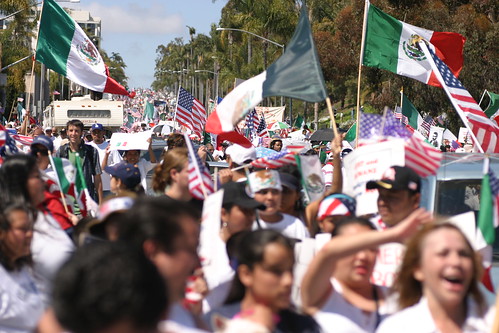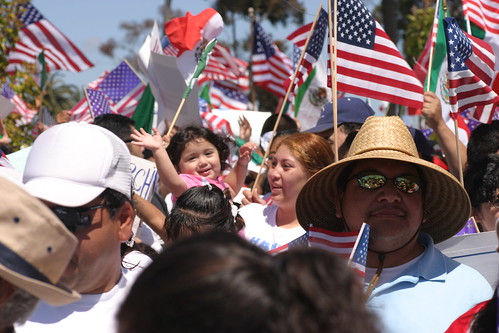I’ve been working from about 5 p.m. to 3 a.m. the last few nights to keep KPBS.org updated. Our web team, along with the news staff and other volunteers, are taking turns to keep everything up and running 24/7. As I was finishing up early this morning, Doug Myrland (KPBS general manager who was working overnight on-air), asked me a few questions about the Google map to give people a sense of how we’re doing it.
Here’s the conversation:
[display_podcast]
(It’s not exactly an award-winning performance by yours truly, but I thought it was worth a posting for posterity’s sake.)
Much has progressed since this recording. Google has joined the effort to streamline updates, and those who have been updating the county maps will now be contributing directly to our Google map. In addition, a site from Governor Schwarzenegger, calfires.com, has embedded the map directly. Local CBS is linking to the map. Wired bloggers Michael Calore and Kevin Poulsen reported on KPBS’ use of Twitter and Google maps.
(Special props to Joe Spurr for pushing the use of Twitter and Google maps.)


